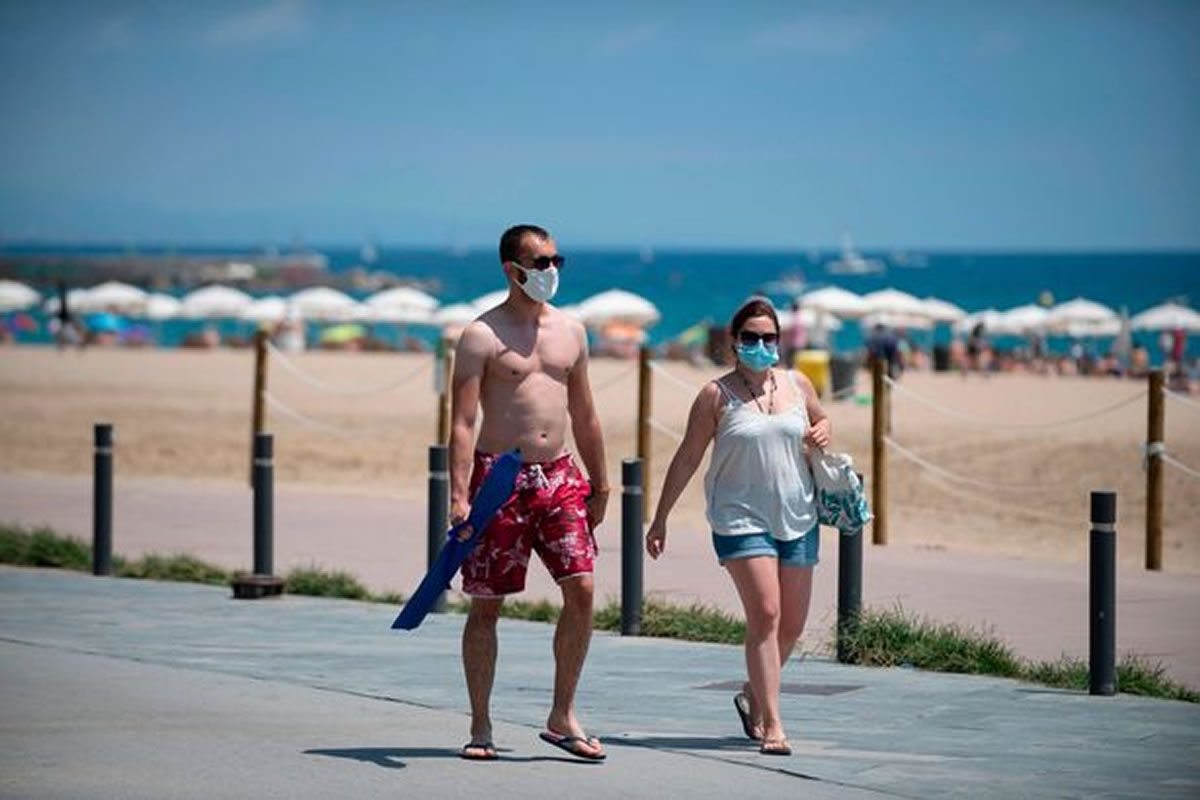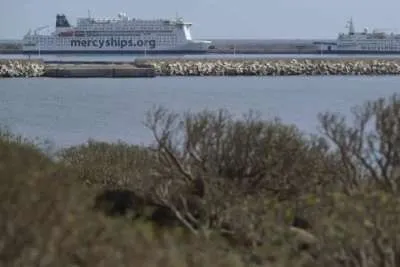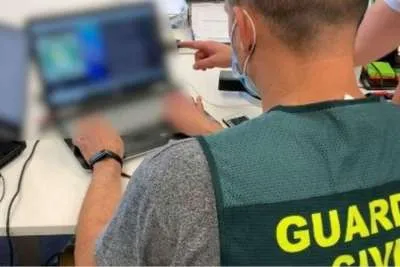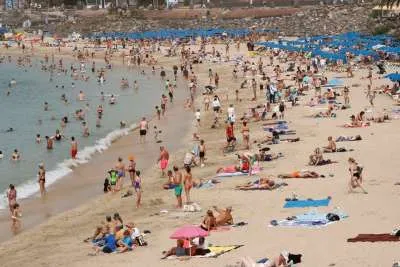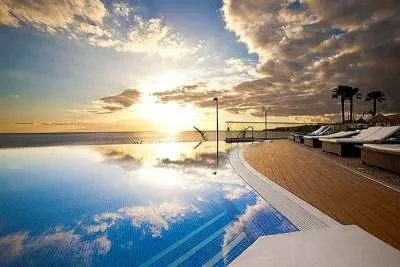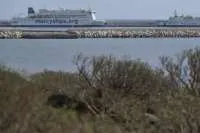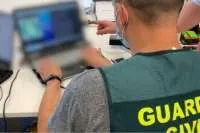What rules and restrictions are there? Your holiday questions answered
- 25-05-2021
- National
- Canarian Weekly
British holidaymakers planning a trip to the Canary Islands will certainly get plenty of sunshine, but there are still rules that have to be followed during their stay, despite entry restrictions being relaxed. Spain is now welcoming UK visitors without the need for a negative PCR test or quarantine on arrival meaning they can start coming to the country, although they will have to isolate and undertake a series of tests upon their return whilst on the UK anber list for travel.
Since the national state of emergency declared by the Spanish government in October 2020 ended on May 9th, restrictions across the Canary Islands have reduced, particularly in alert levels 1 and 2 which all of the islands fall into, and there has been a huge surge in demand for flights and holidays after the Spanish Prime Minister, Pedro Sanchez announced that British citizens who are fully vaccinated won’t have to submit a negative PCR test on arrival.
Here are some of the restrictions that remain in place at the moment:
Masks:
By law, face coverings must be worn in all public spaces, both indoors and outdoors, including in all public areas of hotels, except when eating or drinking in bars or restaurants, or swimming or sunbathing at the beach or at a pool, by everyone over the age of 6 or with health exemptions.
Masks are still mandatory whilst walking down a street regardless of social distancing, and fines will be issued if not worn or worn incorrectly. Last week the Ministry of Health for Spain said that they would soon relax this rule and cease to be mandatory outdoors, but this is not the case yet.
Curfews:
Since the state of alarm ended, there are no longer curfews, but there are restrictions on opening hours for bars and restaurants. Currently, the earliest any are allowed to open is 6am, and the latest they can close is midnight. Also, there are no nightclubs open as yet, but it is hoped they will be able to soon, with a proposed closing time of 2am during summer.
Bars and restaurants:
In current alert levels, the interiors of bars and restaurants are open to the public with different capacities permitted depending on level, with the distancing of tables (2 metres between backs of chairs) in place. Also, maximum groups are restricted to 6 or 10 people depending on alert level and table service is advised.
Many places are now starting to re-open with entertainment on, but anything that encourages interaction, such as karaoke and dancing, are not allowed and don’t forget that you must put on your mask if you leave your table whether to go outside for a cigarette or to the toilet.
Social distancing:
Spanish social distancing rules are slightly different from those in the UK. People are advised to keep 1.5 metres away from others while in public and encouraged to follow similar hygiene regimes as in the UK, including regular hand sanitising, especially when going into shops or shopping centres where masks and restricted capacities are also in effect.
Beaches:
You must wear your mask when going to the beach as you are in public, as well as when walking along it or paddling. You don’t have to when swimming in the sea or when in your group (max 6 people unless cohabitants).
When sunbathing you must be at least 1.5 metres from the next group of people, and not all beaches allow the use of sunbeds, but this is dependent on the beach, not the island or town.
Things to do:
The good news is that there is now more and more to do every day as more boat trips are operating, some water sports are available, water parks and attractions are starting to welcome guests, and others are preparing to as people are starting to come back.
Not all of them are open all of the time, especially the big ones, for example, Siam Park in Tenerife is only open Friday, Saturday and Sunday from this weekend, and at the moment you have to reserve online to guarantee entry as numbers are strictly controlled.
Accommodation:
More and more hotels and apartment complexes have announced opening dates across the islands, with many having been closed since March 2020, so please check that your favourite is open before coming.
Last November the Canary Islands introduced a decree-law that requires anyone checking in to holiday/tourist accommodation to have a negative Antigen test in order to stay at the complex (except for residents).
This decree is officially still in place so prepare for the fact that you will be requested to show one, or if you haven’t had one before you came, to have one whilst here to avoid any complications.
Returning to the UK:
Travellers returning from all amber countries, including Spain and the islands, must take a Covid-19 test before their arrival in England and are required to quarantine for 10 days on their return. You must then take a test on or before days two and eight.
It is hoped and expected that the Canary Islands will be on the UK green list very soon so that this situation will change, and travel for holidays from the UK will be even easier.
Other articles that may interest you...
Trending
Most Read Articles
Featured Videos
TributoFest: Michael Buble promo 14.02.2026
- 30-01-2026
TEAs 2025 Highlights
- 17-11-2025


